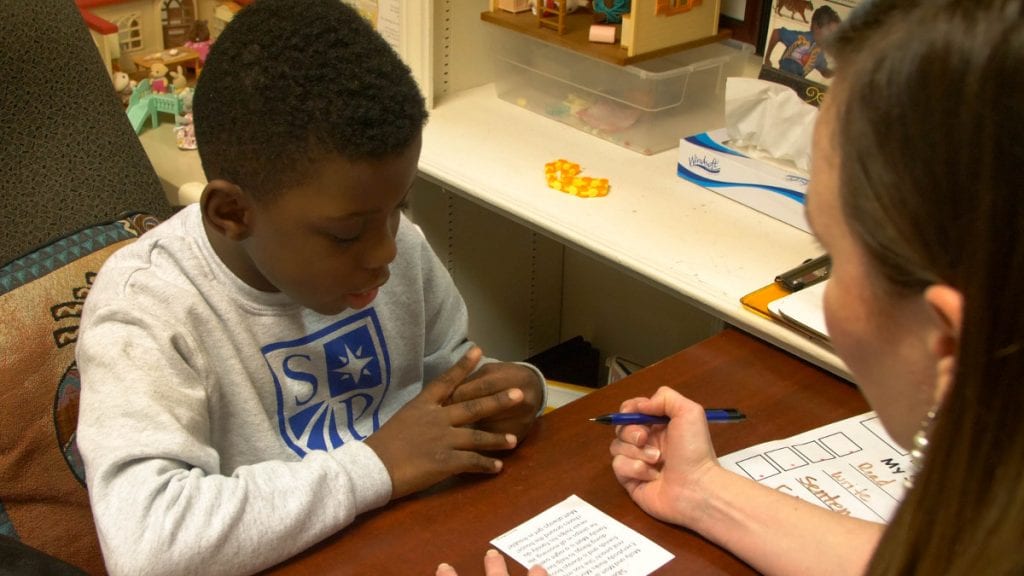Sight Words and the 4 Alphabetical Phases
Sight words have been used to help young learners begin reading simple words. It is an easy yet effective form of helping young learners decode words into meaning. There has been some debate to fully understand what defines a sight word. From a teacher’s perspective, it is a high frequency word that is typically found in kindergarten and first grade level text. However, sight words are also described as not being common and difficult to decode for young learners, because it does not follow the rules of the English language. Learning to read comes in four different phases.
- Pre – Alphabetic Phase: This is when children use visual cues to learn to read. For example, a child can read their own name by associating the blue caterpillar that they have on their name tag.
- Partial – Alphabetic Phase: When a child begins to acquire relationships between some letters and sounds. It is very common to misspell words in this phase and replace them with another letter that has similar acoustic characteristics. Ex: vey à they.
- Full – Alphabetic Phase: Moving from sound representation to a full spoken word with all the sounds present. Child has solid phonological sounds and matching it to letters, but it may not be orthographically correct. Ex: moister à moisture.
- Consolidated – Alphabetic Phase: Child can memorize and store words. Ex: can spell words that contain syllabics and clusters. Ex: Scooter.
When these four stages are successfully met a child can start orthographic mapping, which is the process to store words into long term memory. But what happens if a child does not meet these phases? It does not mean that the child has trouble with visual memory, lack of attention or it simply does not “click”, but maybe the problem to store words in long term memory can indicate signs of dyslexia. So, what happens next if your child is having trouble decoding words and your child’s teacher has expressed concerns? It is important to work with your child’s teacher and his speech-language pathologist (SLP) to identify the most effective methods for your child to learn.


